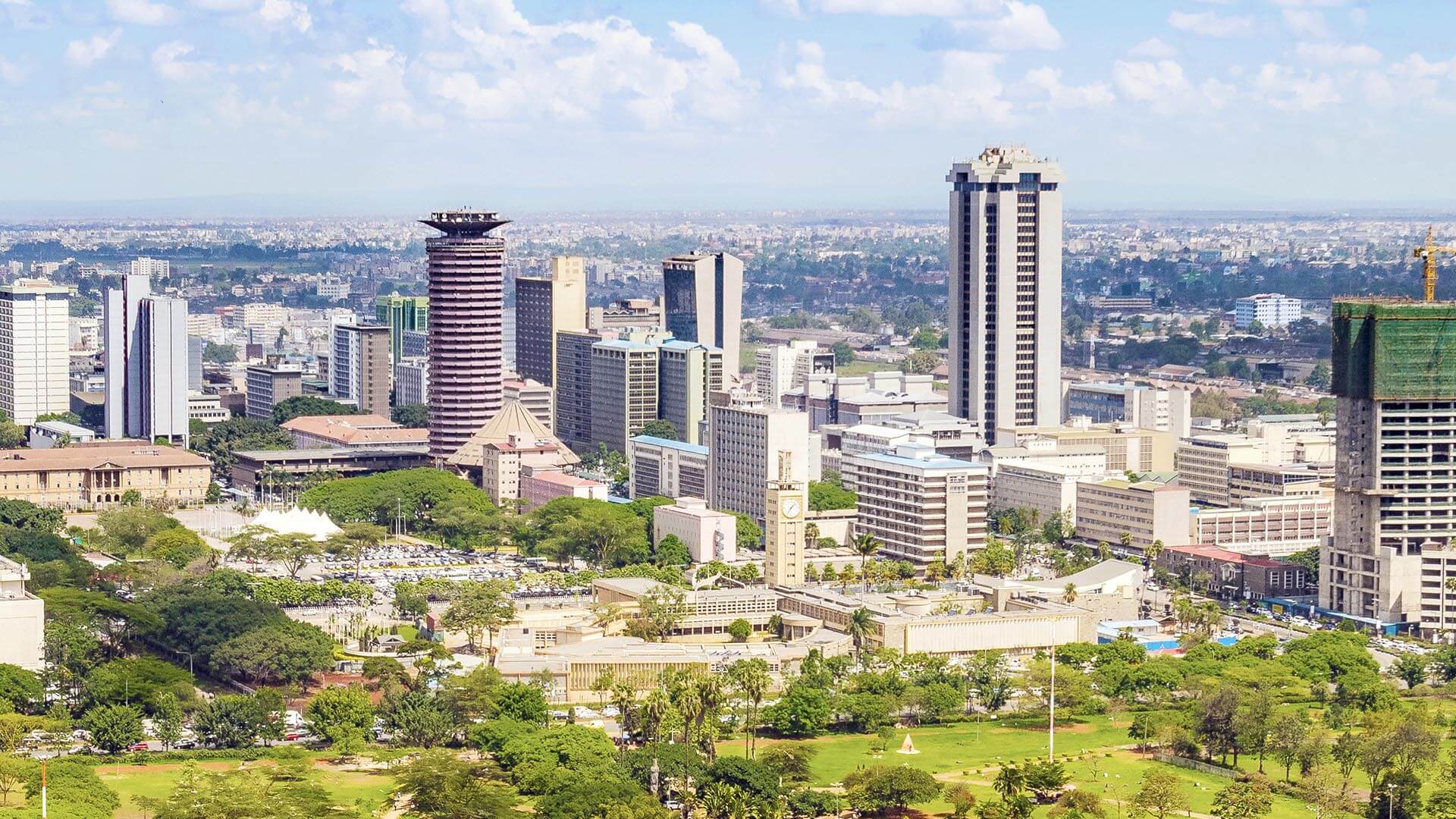The Securities and Exchange Commission (SEC or the Commission) has released a pre-licensing framework for fintechs that operate in the digital assets and investment space. The Commission on 21 June 2024 issued A Framework on Accelerated Regulatory Incubation Program (ARIP) for the Onboarding of Virtual Assets Service Providers (VASPs) and other Digital Investments Service Providers (DISPs) (the ARIP Framework). This follows the proposed major amendment to the Commission’s Rules on the Issuance, Offering Platforms, and Custody of Digital Assets issued on 15 March 2024, which is yet to be finalised.
Insight type: Legal Alert
Finance Bill 2024 Withdrawn
On 26 June 2024, in response to two weeks of widespread anti-tax protests across major towns and cities in Kenya, President William Ruto recently announced, during a press briefing, the withdrawal of the controversial Finance Bill, 2024 (the Bill). Originally published in the Kenya Gazette on 9 May 2024 and subsequently passed by Parliament on 25 June 2024 amidst nationwide demonstrations, the Bill proposed several amendments, including the introduction of VAT on bread and taxes on products such as diapers and sanitary towels, among other significant measures likely to increase the cost of living. For a detailed review of the Bill and the proposed tax measures, please refer to our analysis of the Finance Bill 2024.
Turning the Tide: Kenya’s Ban on Plastic Garbage Bags Signals Shift Towards Sustainable Waste Management
The National Environment Management Authority (NEMA) through a notice dated 8 April 2024 (the Notice) recently announced that all organic waste generated by households, private sectors and public sector institutions, religious institutions, private and public functions, and events shall be strictly segregated and placed in 100% biodegradable garbage bags or bin liners. The Notice requires that all the waste collected as organic waste shall be collected separately (not mixed with other waste types) and should be transported to a designated material recovery facility for further processing. NEMA has directed that the use of conventional plastic garbage bags and bin liners shall cease. The Notice also provides that the County Government and private waste service providers licensed by NEMA must provide their clients with 100% biodegradable garbage bags. The directives set out in the Notice are to be implemented within 90 days of the notice, that is, from 7 July 2024.
New Dawn in Operating Kenya’s Carbon Markets: Highlights of the Carbon Market Regulations
After a long period of public consultation and following the enactment of the Climate Change (Amendment) Act in September 2023 (the Amendment Act), the Climate Change (Carbon Markets) Regulations 2024 (the Regulations) were gazetted on 17 May 2024. The Regulations are a welcome step towards providing certainty and predictability in operating carbon projects in Kenya. Additionally, the Regulations aim to establish an operative and institutional framework for carbon markets’ effective and efficient functioning. They also include several key provisions on the categorisation of projects, carbon project prerequisites and timelines for implementation and operationalisation of projects.
In February 2024, ALN Kenya submitted comments to the Ministry of Environment, Climate Change and Forestry, with respect to the draft Climate Change (Carbon Markets) Regulations 2023. We are pleased to note that our recommendations regarding the definitions of land-based and non-land-based projects, inclusion of fiscal and non-fiscal incentives for the development of carbon projects in Kenya, as well as the importance of accounting for business costs when determining the annual social contributions, have been incorporated in the Regulations. ALN Kenya adopts a proactive stance on regulatory review and compliance. Our team keeps abreast of the latest regulatory developments and trends, collaborating closely with clients to identify potential risks and opportunities.
At a glance the Regulations:
- Provide the institutional framework for the review, approval and operationalisation of carbon projects.
- Enhance clarity on land-based and non-land-based carbon projects, differentiating the specific fiscal and non-fiscal incentives suitable for each project type.
- Clarify that the annual social contribution is set at 40% and 25 % for land based and non-land-based projects respectively. Notably, these contributions are to be calculated after deducting the business expenses.
- Require the free and informed consent of landowners where the project proponent does not own the land. This requirement applies where the property is owned by a private person or by a community.
- Indicate that the anticipated timeline for the conceptualisation, approval and commencement of a carbon project may extend up to fourteen months, with project proponents having up to twelve months from the date of receiving a letter of no objection to submit a project design document for approval.
Significant Changes for Not-for-Profits as PBO Act Comes into Effect After 11 Years
Without any forewarning, the current administration operationalised the 11 years old, Public Benefits Organisations Act (the PBO Act) which replaces the 30-year-old Non-Governmental Organisations Coordination Act (the NGO Act), significantly altering the regulation of not-for-profit entities.
Analysis of the Tax Changes Proposed by the Finance Bill, 2024
The Finance Bill, 2024 (the Bill) was published and gazetted on 9 May 2024. The Bill proposes to make a raft of amendments to tax-related laws in Kenya, including the Income Tax Act (Chapter 470, Laws of Kenya), the Value Added Tax Act, 2013, the Tax Procedures Act, 2015, the Miscellaneous Fees and Levies Act, 2016 and the Excise Duty Act, 2015.
Ethiopia’s New SEZ Proclamation: Unlocking Investment Opportunities
The strategy of mobilising capital from foreign investors through setting up effective industrial parks has been adopted as government economic policy for some time. It was formally introduced as part of Ethiopia’s first Growth and Transformation Plan I. Fostering industrialization was also one of the development priorities under GTP-II, (2016-2020). The Ethiopia 2030: The Pathway to Prosperity – Ten Years Perspective Development Plan (2021 – 2030) targets an annual growth rate of 13 percent over the ten years with the manufacturing sub-sector constituting 20 percent. The Ethiopian Industrial Development Strategic Plan (2013-2025) also provides a policy direction to establish an industrial zone development program. The Strategic Plan focuses on the development of integrated economic development zones that build and develop industrial parks, business centres, as well as residential areas for employees.
Amendments to Trust Legislation in Kenya and UAE
On 24 April 2024 the Trustees Perpetual Succession Act Cap 164 (the TPSA), which governs the procedure for incorporation of trustees into a corporate body and maintenance of a register of trusts in Kenya, was amended.
Nigeria Launches 2024 Licensing Round for 17 Oil Blocks
The Petroleum Industry Act 2021 (PIA) empowers the Nigerian Upstream Regulatory Commission (NUPRC) to conduct bid rounds for the award of petroleum prospecting licences. In 2022, the NUPRC initiated the 2022 Mini-Bid Round for seven deep offshore blocks namely PPL 300-DO, PPL 301-DO, PPL 302-DO, PPL 303-DO, PPL 304-DO, PPL 305-DO, PPL 306-DO. However, the process was postponed due to the 2023 national elections.
Safeguarding Employers Trade Secrets: Insights from a Landmark Legal Case in Uganda
In the ever-evolving landscape of employment law, new frontiers continually emerge, posing dilemmas for employees and employers alike, especially in cross-border contexts. With the advent of the digital age, where company data is integral to business operations, instances of employees misappropriating such data upon leaving employment have become increasingly common. This presents significant challenges in addressing such breaches, particularly for employers with operations spanning multiple jurisdictions. Further, the transient nature of digital assets adds another layer of complexity, as they can easily be deleted, destroyed, or exploited inappropriately. What recourse, then, should an employer have in such situations?









